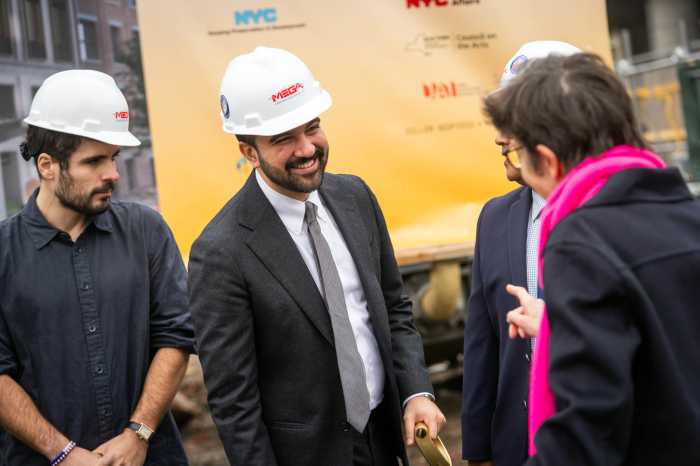Read Related Article #1: Death and life within the ghetto walls
Read Related Article #2: Behind the barbed wire
Read Related Article #3: Survivor Profile: Ruth Turek
Read Related Article #4: Survivor Profile: Minia Moszenberg
Read Related Article #5: The will to survive
Read Related Article #7: Survivor Profile: Eddie Weinstein
Born in Berlin Germany in 1929, Ellen Alexander said that life started out good for herself and her older sister, Ursula. However, even as a child, other children would call her a “dirty Jew.”
“I used to have nightmares of Hitler marching down the street to get me,” Alexander said. “That happened for years and years afterwards.”
Things began to change for Alexander’s family after Kristallnacht on November 9, 1938. On May 3, 1939, Alexander and her sister left Germany. Her father did not want them to leave, thinking that everything would be fine. However, their mother convinced him that it needed to be done.
Unable to get out themselves, Alexander’s parents sent the children to England on the Kinder transport.
“I think I considered it a big adventure,” Alexander said of the trip. “Obviously as a 10-year-old I didn’t realize how serious it all was.”
Alexander said that she remembers her parents standing at the railway station the day they departed, but cannot recall if anyone cried or not.
When the two girls arrived in England, they were taken in by a couple by the name of Dagger, who the family did not previously know. Not knowing any English, communication was difficult at first. Finding that the couple only wanted to keep one child, Alexander’s sister convinced them to keep both.
Just a few days after arriving, the sisters started public school, learning English very quickly.
Upon their arrival, the Daggers requested that the girls call them mommy and daddy. The two decided they couldn’t do that and instead called them aunt and uncle.
“We had a close relationship but we always knew that they weren’t our parents, so it wasn’t as close as it would have been with natural parents,” Alexander said. “They were good to us.”
When the war began, Alexander and her sister went to a farm in Ellington. Her sister returned to London when she was 14 to work.
Later on during the war, Alexander was sent to a hospital outside of London to have a needed spinal operation.
Throughout this time, Alexander said that she doesn’t remember hearing from her parents, although she said that they probably got occasional letters. However, in 1943 they were sent to a concentration camp in Czechoslovakia called Theresienstadt.
“In 1945, right after the war ended, we got a telegram from my mother saying that she was alive and wondering if we had heard from my father, which of course we hadn’t because he had died by then,” Alexander said. “He was sent on a death march to Auschwitz.”
Alexander’s mother came to England to live with the girls and their foster parents in 1946. There were disagreements as to who should be in charge of the girls, and eventually Alexander, her mother and sister left for America, making it to the United States in 1947 after a 10-day sea voyage. Even after leaving England, Alexander said she kept in touch with her foster parents.
Married in 1951, Alexander has two sons and one grandson. She now resides in Fresh Meadows.
“I guess there’s a residue of what happened to me in my life but I don’t let it affect me on a day to day basis,” Alexander said. “I’m not consumed by what happened because you can’t live that way, at least I can’t.”



























